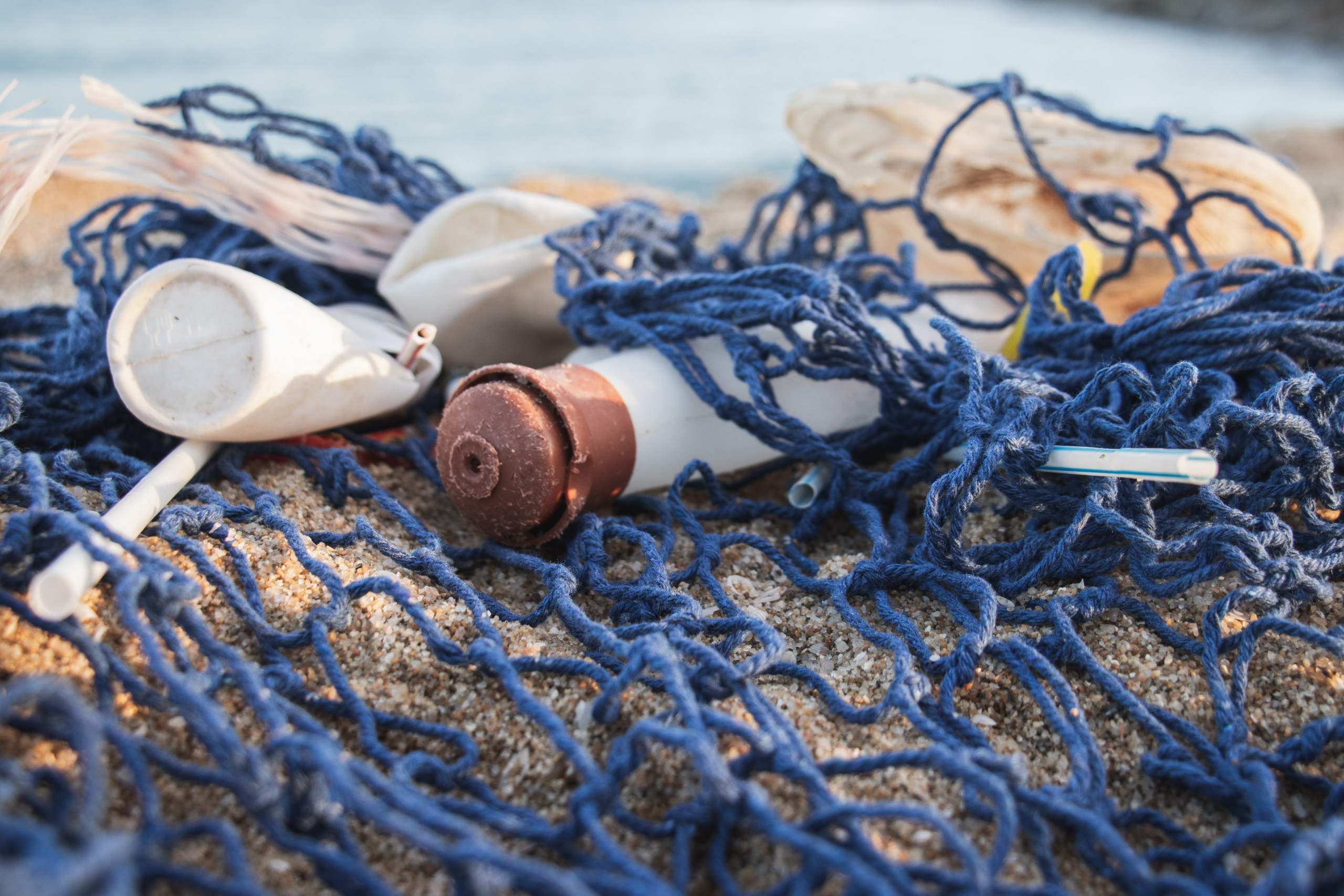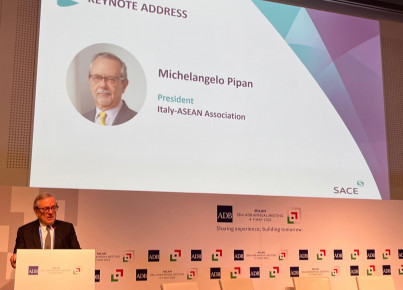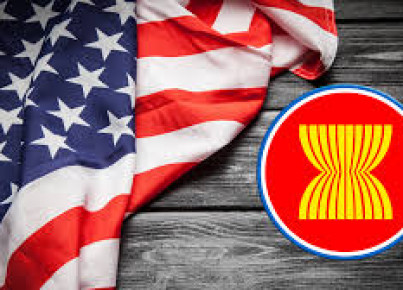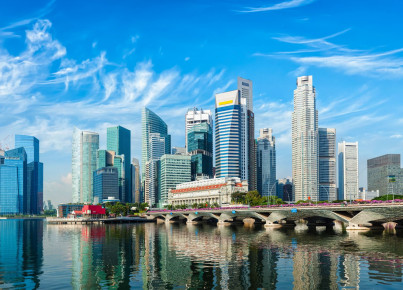The ASEAN countries must solve the problem of marine pollution
Da diversi anni l’inquinamento marittimo è diventato uno dei dossier principali per gli Stati e per le organizzazioni internazionali che si occupano di ambiente.
A 2015 study highlighted an inconvenient truth for the countries of Southeast Asia: today they are the reason of over 60% of total marine pollution. Among the 20 countries in the world with the highest rate of pollution caused by plastic waste dispersed at sea, 11 countries belong to SEA: after China, we find Indonesia (2nd), Philippines (3rd), Vietnam (4th), Thailand (6th), Malaysia (8th) and Myanmar (17th).
According to statistics, every year the greatest amount of plastic pollution comes from the packaging industries and the textile sector, which are increasingly present in China and in Asian countries: of about 300 million tons of plastic debris in the sea, more than half of them come from the textile and packaging sectors.
These numbers do not only put Asian countries in a bad light in front of the public opinion, but also demonstrate the inefficiency of these countries in implementing policies suitable for recycling plastic waste: according to World Bank data, about 75% of plastic in Malaysia, Thailand and the Philippines is not recycled, causing Southeast Asian countries to lose $ 7 billion each year.
Such a high rate of plastic waste pollution is mainly caused by two factors: on the one hand, sea currents transport waste from other countries to the Pacific coasts, on the other hand the dominant factor are rivers. Among the ten most polluted in the world, eight are found in Asia: the most important, by pollution rate, are some rivers in China (Yangtze, Xi Jiang, Huangpu), followed by Brantas (Indonesia), Pasig (Philippines), Irrawaddy (Myanmar) and Mekong (China, Myanmar, Laos, Thailand, Vietnam and Cambodia) which considerably increase the already large amount of pollution in the seas of Southeast Asia.
To overcome the issue of plastic waste, in recent years the ASEAN countries have found agreements for the reduction of marine pollution: for example, in Bangkok in 2019, the Bangkok Declaration on Combating Marine Debris in the ASEAN Region was adopted with the goal of “a href="https://www.reuters.com/article/us-asean-summit-idUSKCN1TN04D" target="_self">“reinforcing actions at national level and collaborative actions so that marine pollution would be prevented and drastically reduced”.”. Currently, the greatest efforts have been undertaken by Malaysia and the Philippines, where major international companies and brands are trying to reduce plastic consumption. Thailand, where plastic plays an important role in the country's economy, has joined these two countries: in fact, in Thailand the plastic manufacturing companies alone account for 7% of the country's GDP.
Important projects have recently been developed in the Asian region: the most important of these is the "Closing Loop" set up by ESCAP, the UN Economic and Social Commission for Asia and the Pacific, in collaboration with Japan and ASEAN. The project, which involves Kuala Lumpur (Malaysia), Surabaya (Indonesia), Nakhon Si Thammarat (Thailand) and Da Nang (Vietnam), aims to provide the essential tools and know-how to strengthen policies and strategies of investment, in order to develop an approach towards circular economy to better manage the process of plastic recycling within the countries involved.
In the coming years, the countries of Southeast Asia will have to conduct environmental policies increasingly aimed at the transition towards a circular economy, a factor that could play a decisive role in the future.
Through the circular economy, these countries have the opportunity to expand their respective economies, improving on the one hand the conditions of the fisheries sector, which play a fundamental role for the countries’ economy bordering the South China Sea, and on the other hand by increasing the demand of marine tourism.






